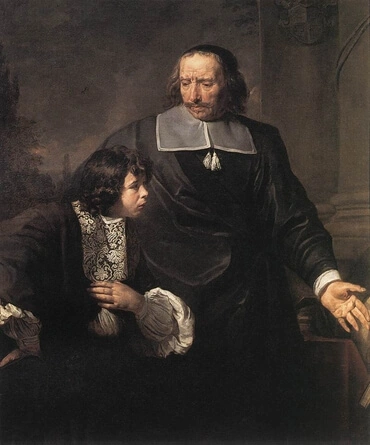Arcana Coelestia #3622
3622. 'Like these of the daughters of the land' means because they are not from that ground, that is, from truths which the genuine Church knows. This is clear from the meaning of 'the daughters of the land' as Churches, for 'the daughters' means affections for good and truth, 2363, and 'the land' means the region where the Church is situated, and so means the Church itself, dealt with in 662, 1066, 1067, 1262, 1733, 1850, 2117, 2118 (end), 2928, 3355. 'The daughters of the land' accordingly means the goods and truths of the Church.
Man (male)

The relationship between men and women is deep and nuanced, and one entire book of the Writings -- Conjugial Love -- is devoted to the subject. So we can hardly offer a full explanation here. In a very general sense, though, the Writings say that men are creatures of intellect, driven by the love of growing wise; women, meanwhile are creations of affection, driven by the love of wisdom and the good that wisdom can do. They are formed this way to reflect the Lord's Divine Love and Divine Wisdom, and so that they can form marriages that reflect the unity of Divine Love and Divine Wisdom. Marking differences between men and women can be a touchy thing, but realistically it's easy to see that men tend to love acquiring knowledge whether it has any practical application or not. Many of them can spout out sports statistics or hold court on the workings of the internal combustion engine, even though it is knowledge they are not likely to ever use. They find such knowledge interesting for its own sake. It follows, then, that when the Bible speaks of men, the men represent facts, ideas, knowledge, truth, intellect and wisdom -- or in the negative sense falsity, twisted logic, and reasoning that is devoid of concern for others.






